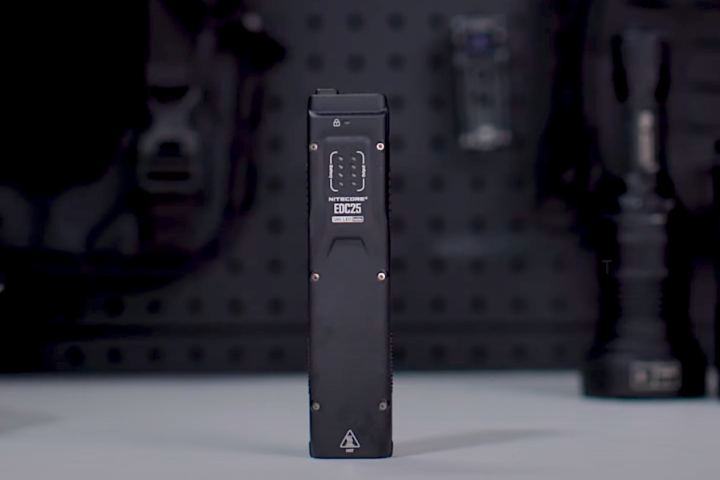The Ethiopian government has rolled out a new phone service that farmers can call to get information on crops in their native languages. The 8028 service also “pushes” targeted information to people in certain areas. A press release from the government says that three million people have used the pilot project service since its inception in July.
Those who are older may remember the Ethiopian famine of the early 1980's and the images broadcast across the world. It was this that prompted the charity single from Band Aid and brought the problems of famine into the general public consciousness, again. The underpinnings of the famine were largely political, but famine thanks to drought, crop failure or pestilence remains a stubborn problem for farmers and for wider regional food security. One issue for small hold farmers in the developing world is access to information and according to the United Nation’s development and humanitarian news website, IRIN, African farmers often have less access to technical knowhow than those in other nations, which is one reason why the continent tends to produce less food despite its natural resources.
Populous Ethiopia has one of the fastest growing GDPs on the continent after years of famine and civil war. The nation now has one of the largest "agricultural extension" systems in the world, after major powers such as China and India. These days it is a broad term but generally it means the educating farmers on how to apply scientific research and new farming methods. The nation has some 60,000 agricultural extension officers. The 8028 phone service is a new component of that. Farmers can request targeted information via SMS or Interactive Voice Response. The project, still in its pilot phase, began in July and according to a government source has already had calls from some three million farmers. It is run and operated by government ministries and the national telco and it was created by the Ethiopian Agricultural Transformation Agency (ATA). The Economist reported last year that Ethiopia lags behind its neighbors in terms of cell phone penetration; only 25 percent of its 90 million people use cell phones compared with the regional average of 70 percent.
"Farmers can 'pull' practical, real-time advice available in their regional language by calling 8028 as often as they like," says Ato Khalid Bomba, Chief Executive Officer of ATA. "The hotline administrator can 'push' customized content (such as in cases of drought, pest and disease) to callers based on crop, geographic or demographic data captured when farmers first register to use the system." Given the dozens of languages spoken, targeted information remains important, though the system is only operating in some half dozen of the more than 60 regions in Ethiopia at this point. It’s estimated that currently the 90 service lines get close to 1375 phone calls each hour.
Getting targeted information to farmers is a growing concern. In Colombia big data has been helping farmers with targeted information on whether or not to plant crops, and when. Those who took the advice saved some $3.8 million collectively.




